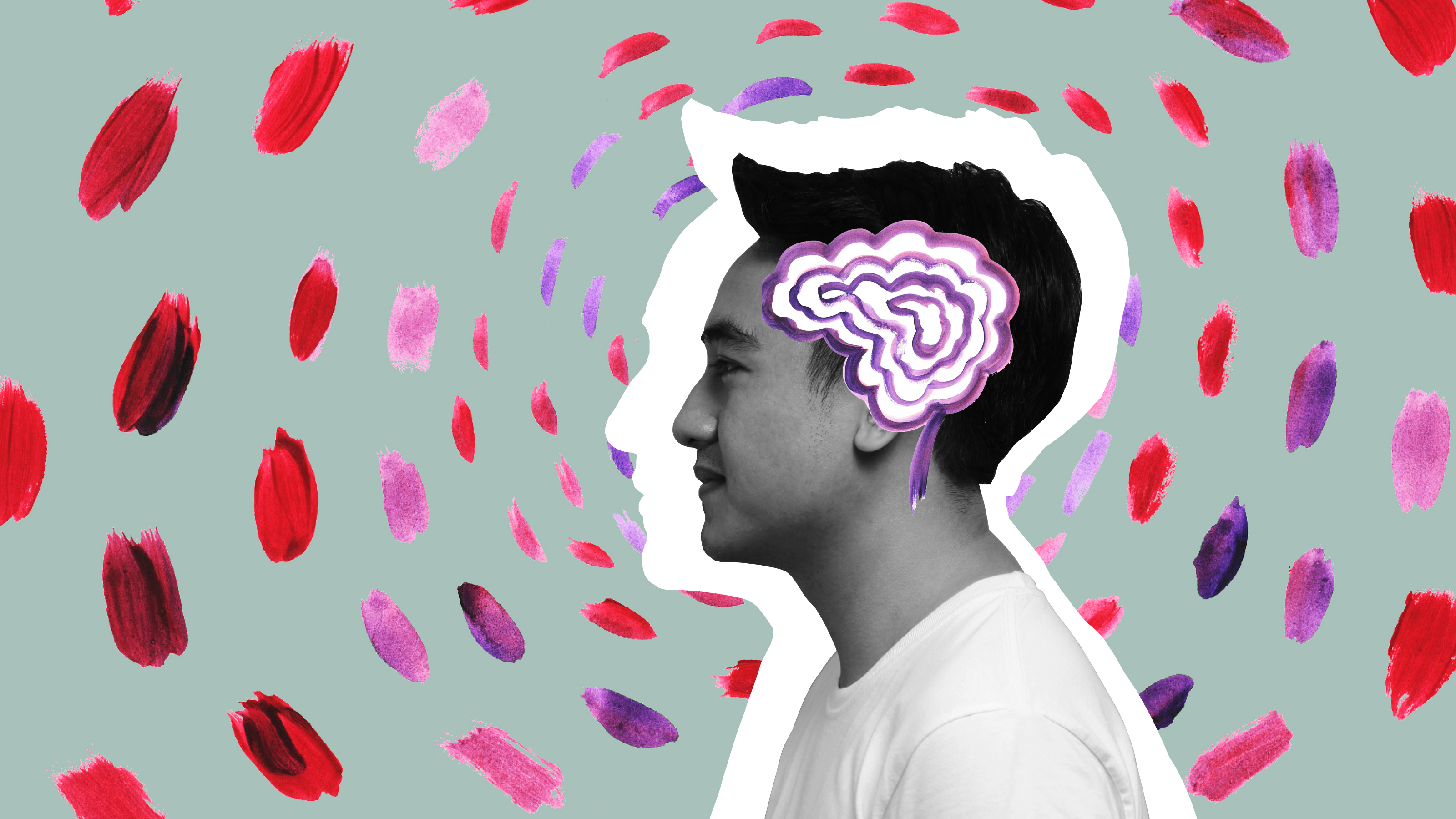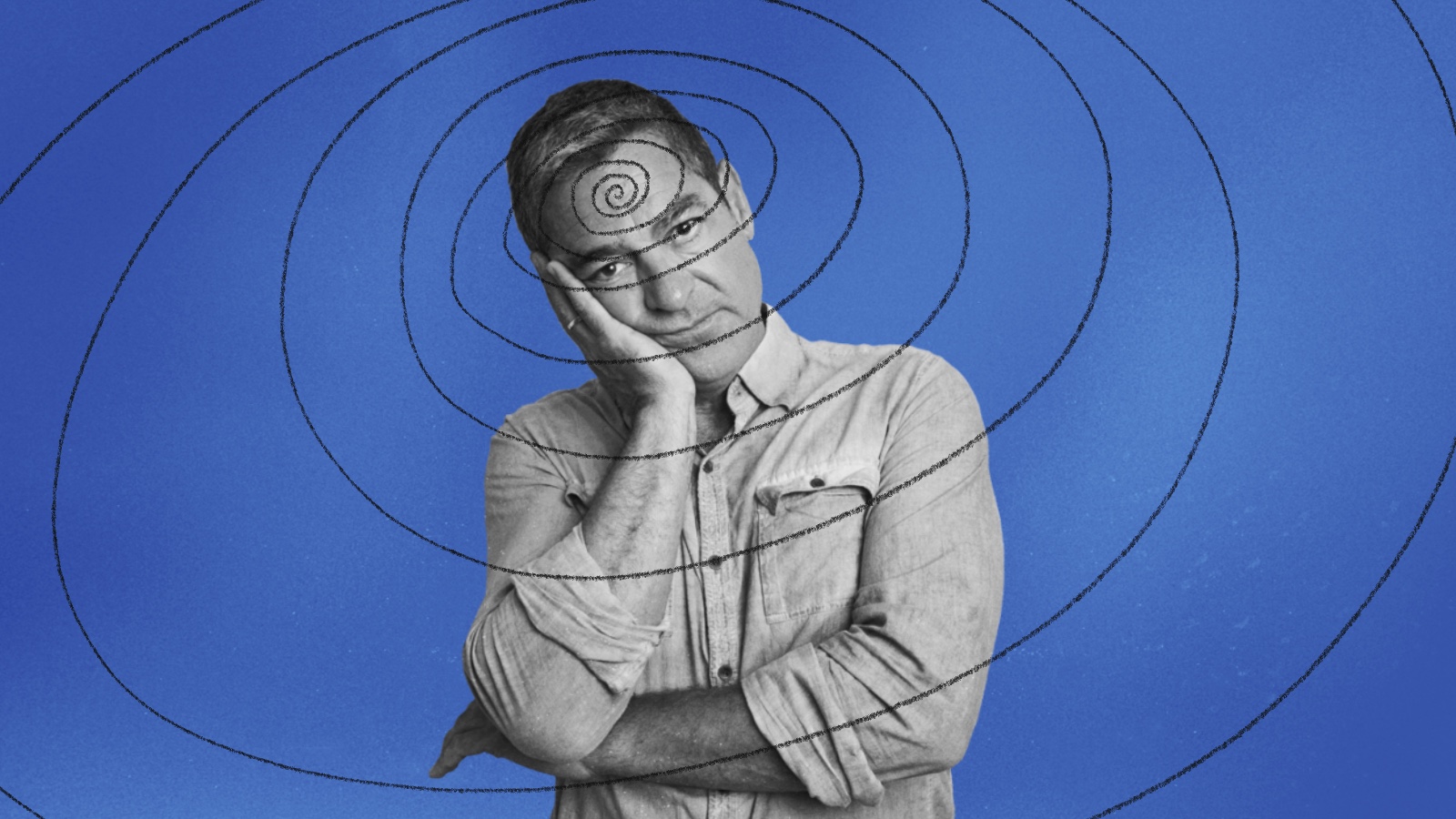Does manual labor boost happiness?

Photo: Gabriel Jimenez / Unsplash
- Working with your hands affects brain chemistry in a positive way.
- Automation technologies can strip away a sense of agency and meaning in our lives.
- Using your hands connects you with your environment in a way that most technologies cannot.
Violence has become such a part of the fabric of American society that many stories pass without much commentary. Mass shootings need to be bigger and grander than ever to stay in the headlines; solo homicides rarely receive a glance. We pass over news about increasing suicide rates as if it is to be expected. And then there’s Chandler, Arizona.
A spate of recent attacks went virtually unnoticed. One man attacked with a knife; another waved a .22-caliber revolver. Others chuck rocks. Some swerve cars at their victims. One frustrated woman resorted to an ancient tactic: screaming.
Perhaps we haven’t been discussing these attacks because their victims are not humans, or even animals, but members of the Waymo fleet. Chandler residents are frustrated over the emergence of self-driving cars. At risk: human autonomy.
In his history of the Luddites, Rebels Against the Future, Kirkpatrick Sale pushes back against the notion that these bands of English workers were against technology. Their livelihood depended upon the skills that the new cotton and wool mills were replacing. As Sale puts it:
Beware the technological juggernaut, reckon the terrible costs, understand the worlds being lost in the world being gained, reflect on the price of the machine and its systems on your life, pay attention to the natural world and its increasing destruction, resist the seductive catastrophe of industrialism.
As Luddites were raging against machines, neuroscientist Kelly Lambert says doctors were prescribing knitting to anxious women. Medical professionals sensed that the act of working with their hands calmed housewives. It appears that using our biological inheritance, a wonderful adaptation of bipedalism—dexterous and flexible hands featuring opposable thumbs—is necessary for optimal mental health.
Sure, the Luddites were concerned about feeding their family, not weaving cotton per se, but losing such an integral part of your identity forces you to confront your value as a sentient being. The combination of repetitive movement (of say, knitting) and the production of a tangible product (a hat or scarf) can be therapeutic. Lambert coined the term “behaviorceuticals” to honor this valuable drug.
In her most recent book, Well Grounded, Lambert notes the devastating effects automation technologies wreak on our brains:
Our view of prosperity in contemporary Western societies with creature comforts such as lush surroundings and various personal services to avoid physical effort may suffocate our neural functions.

Photo: Randy Fath / Unsplash
Matthew Crawford agrees. He was “always sleepy” while employed at a D.C. think tank. Though earning more money than ever before, he felt a valuable piece of himself being lost. He left the lucrative position to become an auto mechanic, which resulted in his 2009 book, Shop Class as Soulcraft.
In it he posits the idea that as a society we’ve gotten the role of work backwards. Instead of championing manual labor, which he says is more intellectually engaging than his desk job, we choose to financially and socially reward careers that rely on computers to work for us. With industrialization came automation as warehouse owners sought to maximize capital while minimizing labor costs. In this two-century-long process, an essential part of our humanity is gone. As Crawford writes:
The degradation of work is ultimately a cognitive matter, rooted in the separation of thinking from doing.
And that, as the CBS Sunday Morning broadcast above puts it, is also stealing from us our happiness. Yet “happiness” is a fleeting term; better put, our sense of meaning is gone. According to Pew, between 1980-2015, desk jobs increased 94 percent while physical labor only went up 12 percent. While there is value in any form of engaging work, the loss of working with our hands means we no longer engage with our environment. It’s no wonder anxiety and stress rates are skyrocketing.
In Tools of Titans, Tim Ferriss tells the story of Hans Kneeling, a successful lawyer in Century City who quit his high-paid job after paragliding in Brazil. Though his peers thought him insane, Kneeling now runs a surf adventure company on the beaches of Florianopolis, where he offers packages to stressed out executives. The money he traded was no loss; engaging with his surroundings, in this case the ocean, has given his life the meaning that was lost shuffling documents for high-powered clients.
Crawford puts it best:
In the last thirty years American businesses have shifted their focus from the production of goods (now done elsewhere) to the production of brands, that is, states of mind in the consumer, and this shift finds its correlate in the production of mentalities in workers.
Three buildings down, an old school apartment complex has been in ruins since we moved in four years ago. The front apartment features giant glass windows surrounding the entire floor, not in the chic modernist style, but a perfect sixties throwback. Those windows have long been covered in paper sheets.
Over the last half-year, however, workers have been remodeling. When my wife and I were walking by the other day, we noticed the construction team outside. She went over and asked if we could have a tour. The team leader smiled and said sure, no one has seen it since they began work.
As he led us through the four apartments and back house, he took pride in every detail his team had managed. Turns out one hermit had been living on that entire property; the three-bedroom back house was exclusively for her two dogs and one cat. The workers gave the place a serious uplift without compromising classic midcentury Angeleno touches.
His sense of pride came through in every unit, saying, “We did this.” In Tools of Titans, Wired co-founder Kevin Kelly says everyone should build their own house, that it’s not as hard as you think. Carl Jung, in fact, did just this. The famed psychologist, a man who changed how we think about ourselves and our brains, put it best when describing his creation, a message we should all consider when contemplating the sense of meaning we get when working with our hands:
At times I feel as if I am spread out over the landscape and inside things, and am myself living in every tree, in the plashing of the waves, in the clouds and the animals that come and go, in the procession of the seasons.
—
Stay in touch with Derek on Twitter and Facebook.





